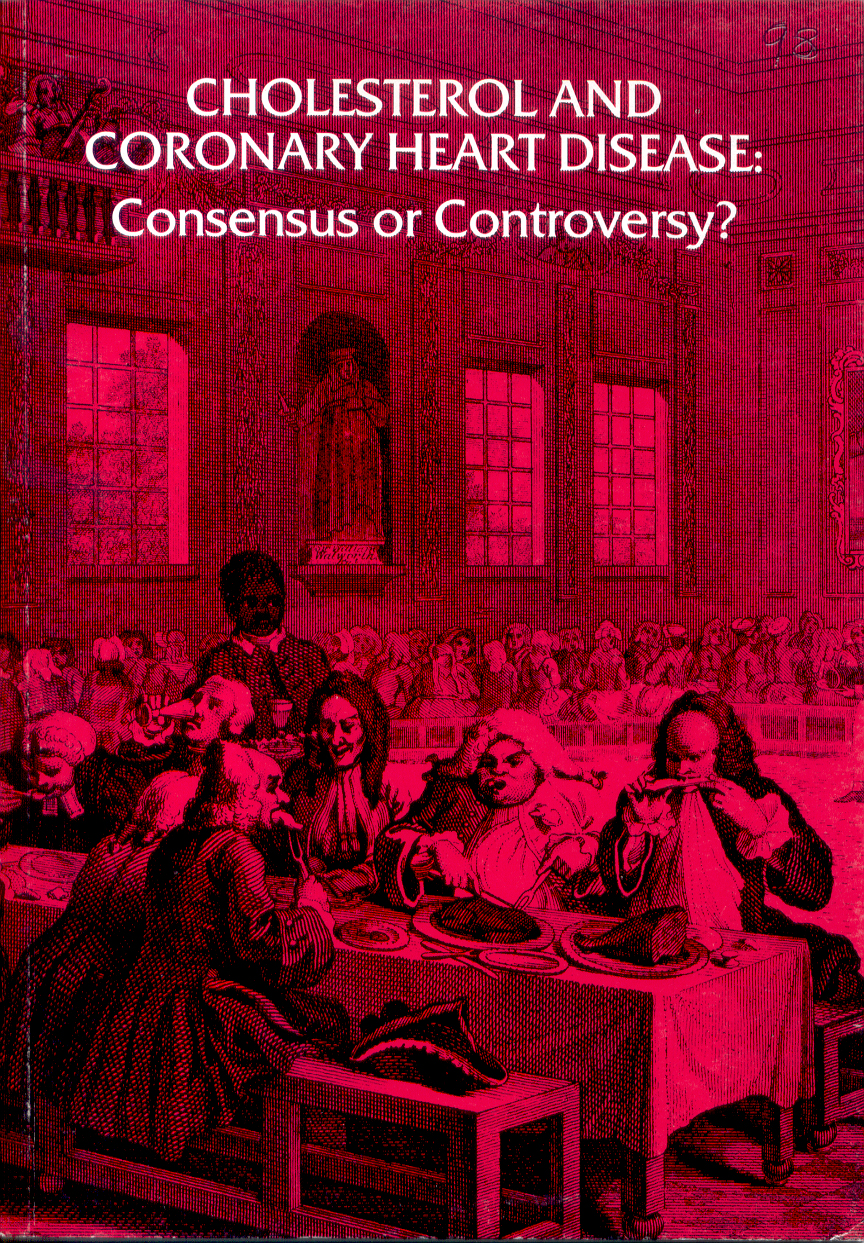Unlocking the Value of Combination Therapies

The severe expression of cardiovascular and particularly coronary heart disease in the UK is a proper cause for concern. Analysis of its associations clearly shows the multifactorial – some would say uninterpretable – background to that expression. It is also clear that most…
The severe expression of cardiovascular and particularly coronary heart disease in the UK is a proper cause for concern. Analysis of its associations clearly shows the multifactorial – some would say uninterpretable – background to that expression. It is also clear that most of those clinically affected are perceived to have several unfavourable associations, within which however levels of cholesterol stand out. The crucial arguments turn on what follows from that association.
Many in the UK see the North American preoccupation with cholesterol as naive, with overemphasis on that single pathogenic influence and unreasonable expectations of the potential benefits of intervention. All the central issues of concern are addressed in this penetrating and topical report.
The North American interest in cholesterol and cholesterol testing was aroused by professional concern and then facilitated by commercial interest, but it is now overwhelmingly a popular campaign. It may well be that similar alliances drive this campaign in Britain, but developing interests in cholesterol screening and management here are not supported with any balancing new resources, even in the private sector where income generated through screening does not generally flow into patient management. This fundamental difference from the North American situation has both properly and of necessity sharpened perceptions here of selectivity, cost and cost-effectiveness. Thus selective screening is perceived as more efficient, although except for those who have had the good fortune to survive a cardiovascular event, identification of those at high risk is not well founded. Intervention on the basis of the diet-heart hypothesis is also largely untested, mainly because we just do not have the necessary professional skill resource to do so. The cost and other resource implications of diet only, diet first or drug only policies are considerable. It is also necessary to define any risks involved, and whether they relate to having a low cholesterol, lowering a raised cholesterol, or how that lowering is achieved.
This report illuminates the options open to health care planners in tackling the relationship between cholesterol and coronary heart disease. It further emphasises that to make no response also has its costs and disadvantages.
Cholesterol and Coronary Heart Disease: Consensus or Controversy?
O'Brien, B.
(1991) Cholesterol and Coronary Heart Disease: Consensus or Controversy?. OHE Series on Health. Available from https://www.ohe.org/publications/cholesterol-and-coronary-heart-disease-consensus-or-controversy/